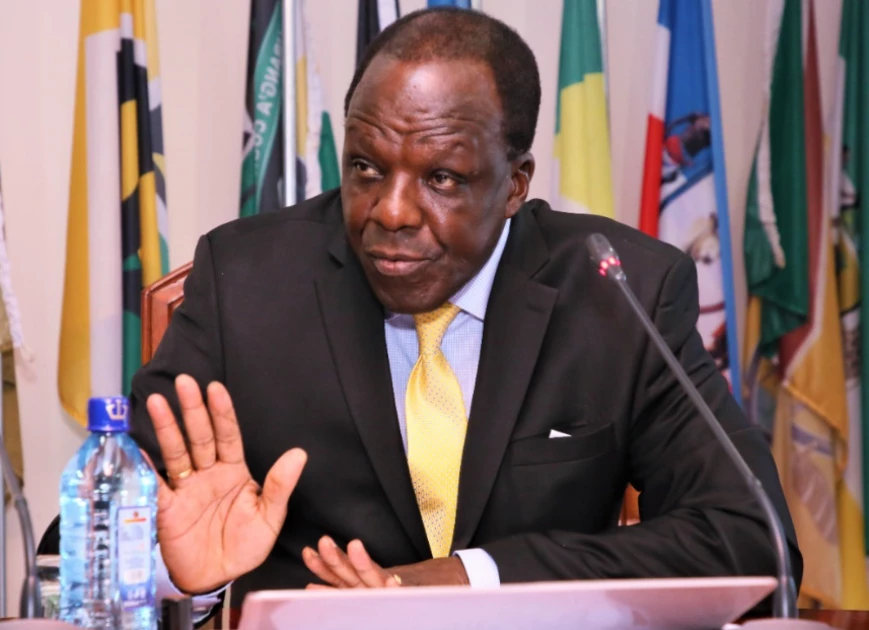The Sacco Societies Regulatory Authority (SASRA) has issued a comprehensive list of 10 requirements that deposit-taking SACCOs must meet when applying to renew their licenses for the 2026 cycle.
In a notice released on Wednesday morning, the regulator emphasized that all SACCOs seeking renewal must first obtain application and fit-and-proper test forms for their board members and senior management. This process is designed to assess the integrity and competence of the individuals steering cooperative institutions.
Additionally, applicants must provide certified copies of their registration certificates and verified official notifications of their registered head offices. SACCOs are also required to furnish certified copies of their bylaws, business plans, and approved minutes from their most recent Annual General Meetings (AGMs).
To further ensure compliance, SACCOs must submit the proposed name of their Chief Executive Officer, along with audited accounts covering the previous three years. Proof of adequate capital is also mandatory, underlining the regulator’s insistence on financial stability within the sector.
As part of the application process, a non-refundable fee of Ksh3,000 is payable. SACCOs must then provide evidence of payment in the form of a deposit slip or banker’s draft. SASRA has cautioned that it may request additional information to assess the completeness and credibility of any application.
This announcement comes just two days after the regulator raised concerns about some deposit-taking SACCOs operating without valid licenses, a practice SASRA termed unlawful and contrary to the Sacco Societies Act.
The Authority reiterated that all credit societies are legally obliged to apply for license renewals at least 90 days before expiry. “The renewal window for 2026 deposit-taking licenses is open from now until September 30, 2025,” SASRA stated.
SASRA further urged SACCOs to adhere to its guidance notes and utilize the official license application checklist available on its website, sasra.go.ke. By doing so, the regulator aims to reinforce governance standards and safeguard member deposits in Kenya’s growing cooperative movement.

